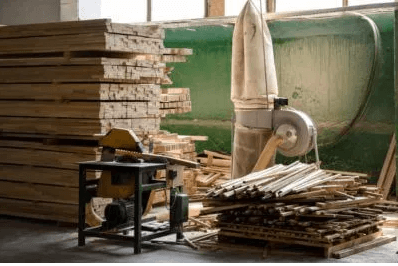Wooden Pallets: A Culinary Asset in the Food Industry
Wooden pallets play a pivotal role in enhancing operational efficiency and ensuring food safety within the dynamic landscape of the food industry.
Also Read: How Wooden Pallets Help the Food Industry
From farm to fork, these unassuming yet indispensable tools contribute to the seamless movement of goods, streamlining the complex supply chain processes inherent in food production and distribution. In the realm of perishable goods, where precision and hygiene are paramount, wooden pallets offer unparalleled advantages.
Their natural characteristics, such as breathability and moisture absorption, help maintain the freshness of fruits, vegetables, and other produce during transportation and storage. The sturdiness of wooden pallets ensures the secure stacking of food items, preventing damage and minimizing the risk of contamination.
Moreover, wooden pallets align with the stringent hygiene standards required in the food sector, as they can be easily cleaned and sanitized to meet regulatory requirements. Their durability ensures a longer lifespan, making them a sustainable and cost-effective choice for food businesses aiming to minimize waste and environmental impact. Beyond their utilitarian role, wooden pallets also support the food industry’s commitment to sustainability.
As a renewable resource, wood promotes eco-friendly practices, contributing to a circular economy. Wooden pallets are not only functional tools but also silent contributors to the food industry’s mission of delivering fresh, safe, and sustainable products to consumers worldwide.






